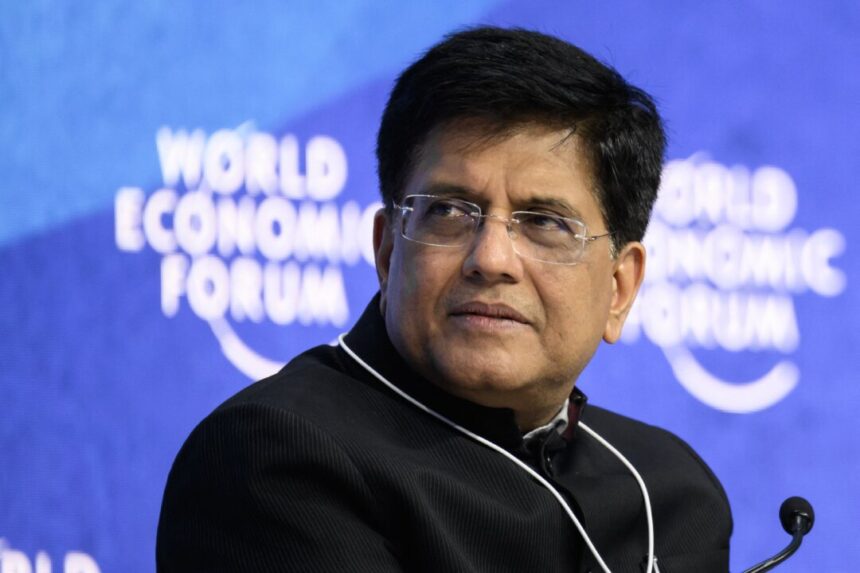“Priority areas of focus include identifying equipment, services, policies, and best practices to facilitate the mutually beneficial commercial development of U.S. and Indian critical minerals exploration, extraction, processing and refining, recycling, and recovery,” as stated in a Commerce Department release.
This agreement builds upon previous memorandums of understanding aimed at partnering on semiconductor technology and establishing a framework for the Indo-Pacific supply chain. The increasing economic and military aggression by the CCP has neighboring countries on edge.
Following the signing of the memorandum of understanding, Goyal spoke at an event hosted by the Center for Strategic and International Studies in Washington, emphasizing the dynamic partnership created by the agreement. He mentioned the potential for the United States and India to develop supply chains in other countries.
“We are looking at deeper partnership between the two countries, to have open supply chains and to ensure that we partner with each other, and support each other wherever we have strengths in critical minerals,” Goyal said.
“Keeping supply chains open is not only about material movement, it’s also about technology movement, it’s also about integrating the capital investment.”
Goyal described the rise and fall, and recent resurgence, of India’s manufacturing sector, pointing out how the CCP decades ago “killed” that industry, and how other Western countries are now realizing they’ve similarly suffered.
For example, India used to be the prime manufacturer of sewing machines for Swiss companies, which dominated that market, Goyal said.
China under the CCP does not have a market economy. The CCP subsidized the Chinese manufacturing industry in order to flood the global market with low-cost sewing machines, and effectively put free-market competitors out of business.
“We want to get all those sectors back into shape,” Goyal said.
The Indian government has created short-term incentives meant to kickstart those industries, he said, but the modernization of some of those sectors will require technology, which India hopes the United States will be a partner in.
“You will need a basic manufacturing hub and India offers that manufacturing hub in an open government, an open economic environment where you can be assured that you will have protection, from the law, against any discrimination or wrongdoing against your companies,” Goyal said, contrasting this with the hostile environment created by the Chinese regime.
“I’m happy that America is also recognizing the importance of manufacturing,” Goyal said. “There was no other way but to have something like this, particularly to meet the nontransparent pricing, the opaque economic systems that we are facing with our northern neighbor that’s China.”
Please rewrite this sentence.
Source link






